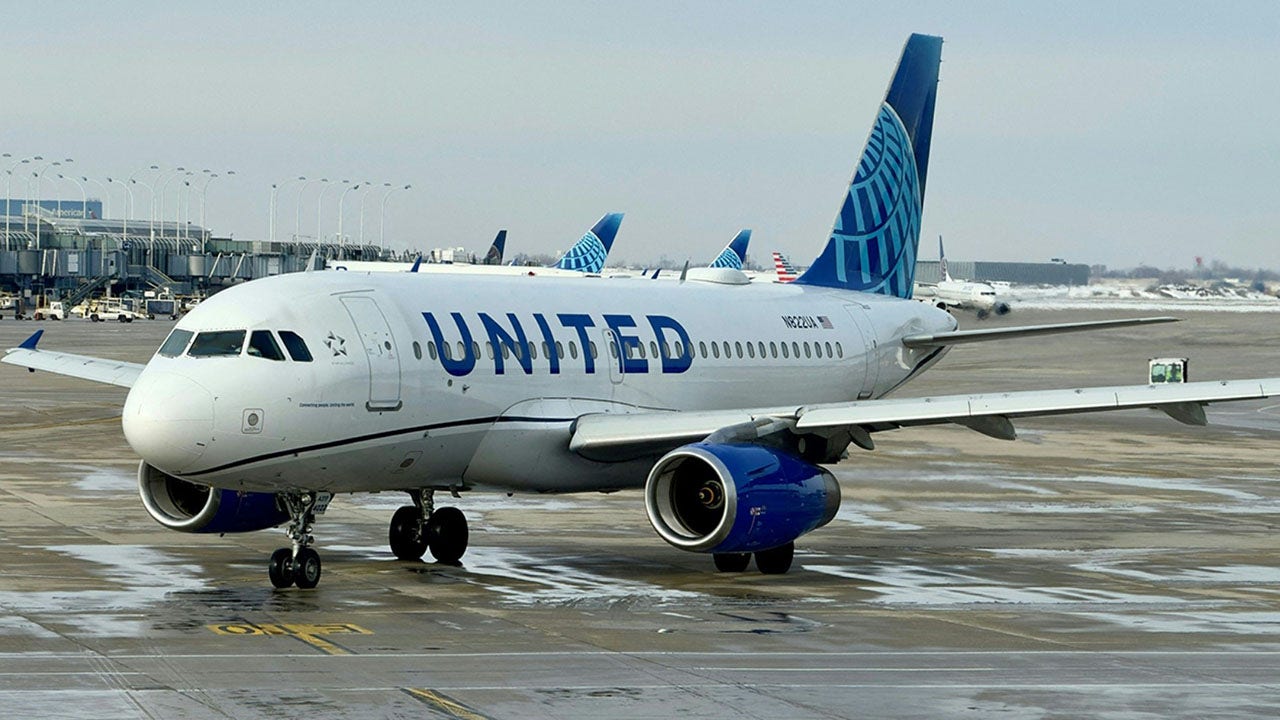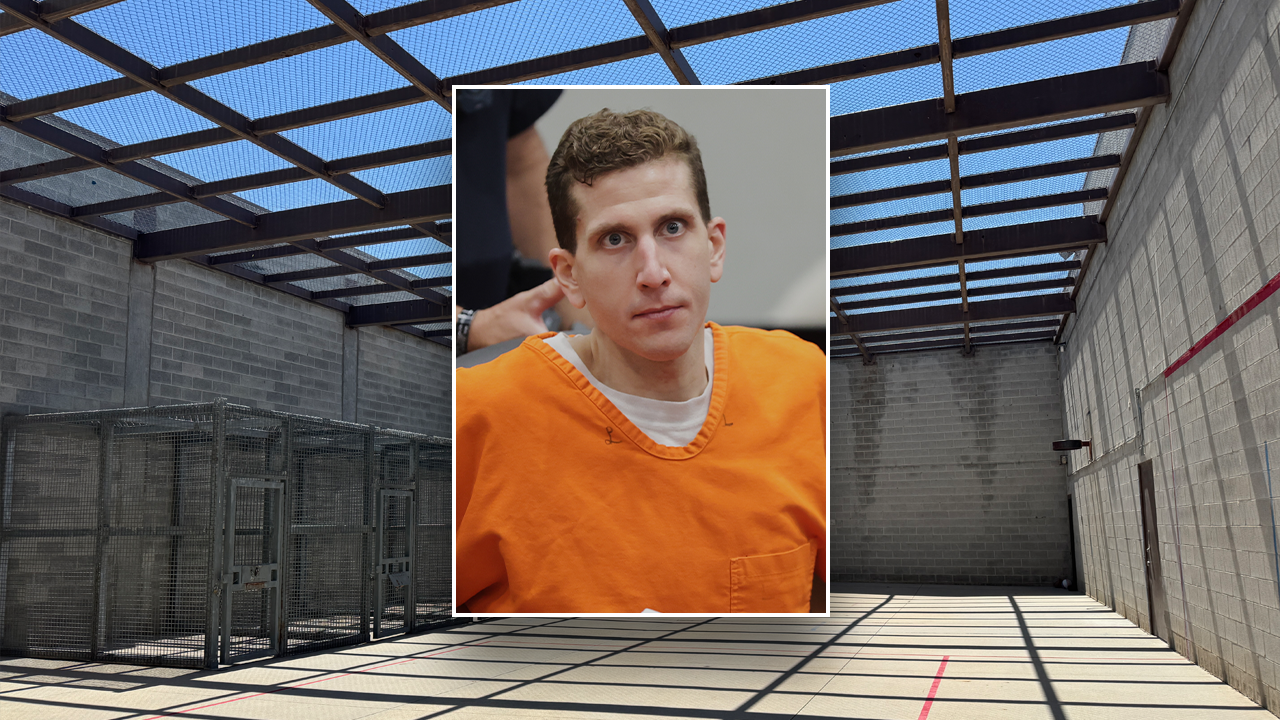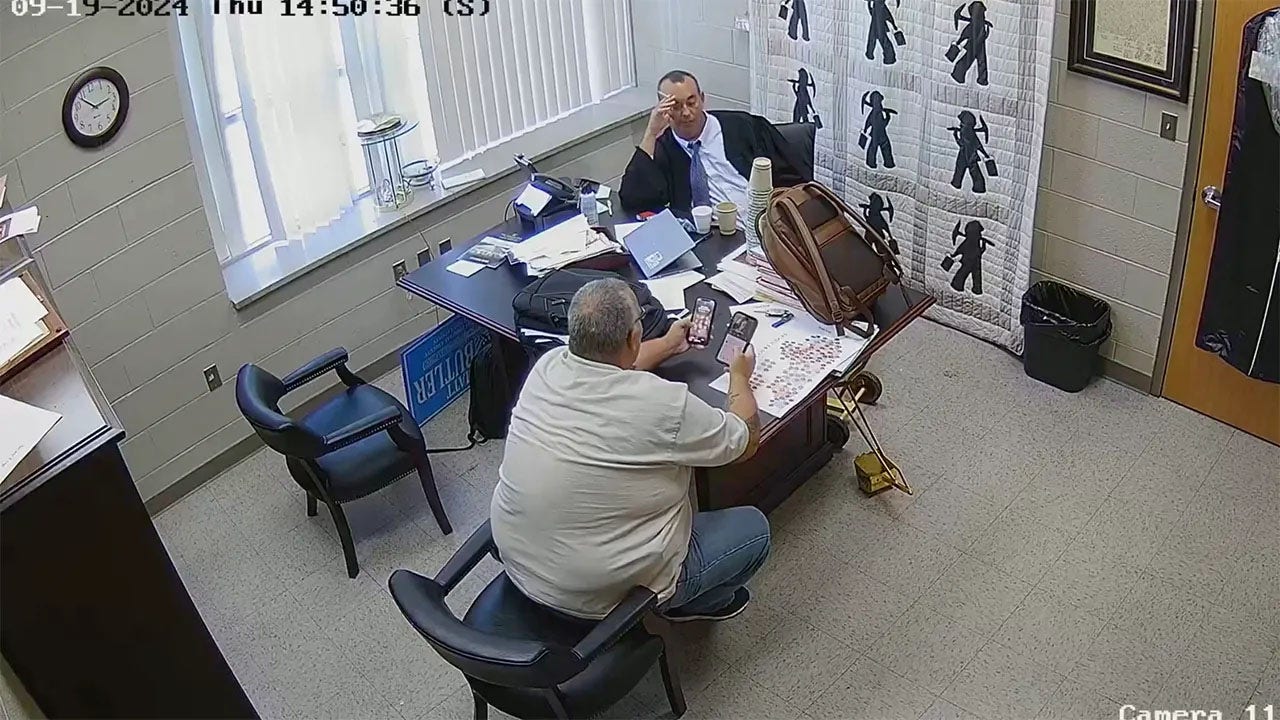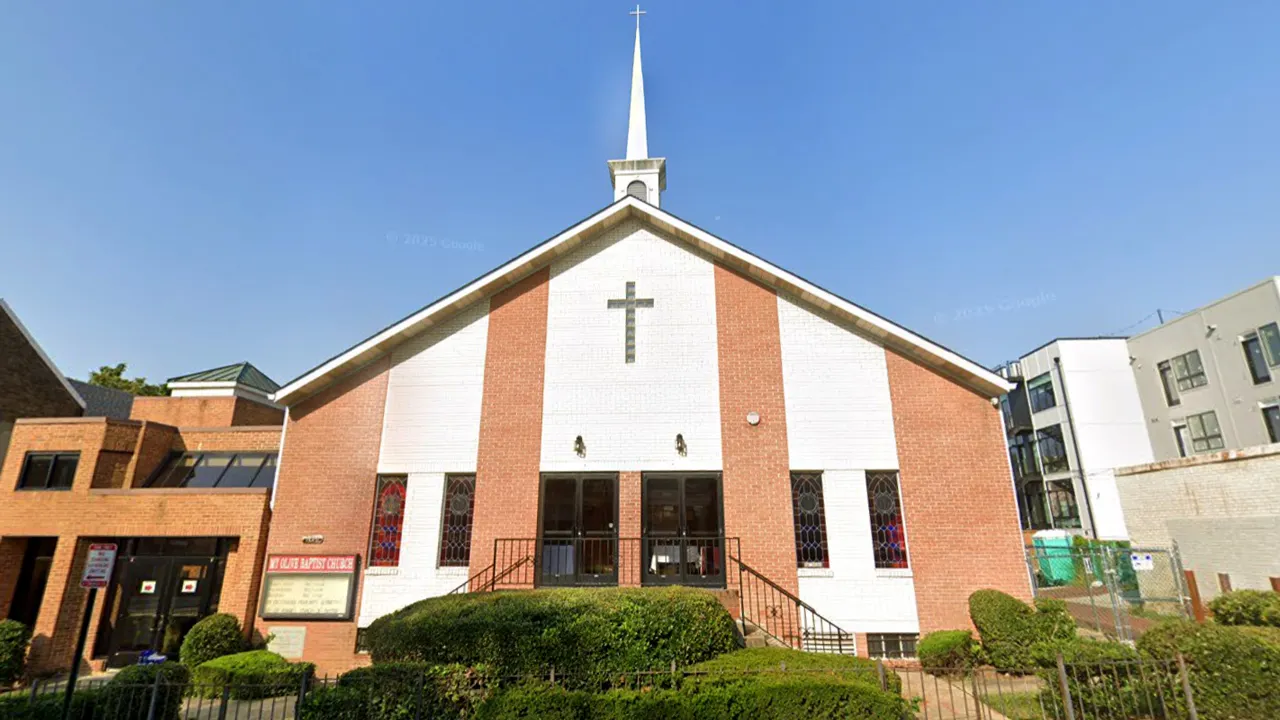MTA boss Janno Lieber tried to rebrand the looming spike in subway ride costs a “fare adjustment” Wednesday — laughing, chewing gum and twiddling his thumbs as New Yorkers ripped him and other transit officials over the plan.
“Welcome to the second MTA public hearing on the proposed fare adjustments,” Lieber said at the top of the forum — one of three that the transportation agency is holding this week — about the new $3 rate, which would go into effect as soon as January.
More than two dozen frustrated commuters showed up in person and via video to testify about the 10-cent increase for subway and bus fares, which would come on the heels of the hike to $2.90 in mid-2023 and the MTA’s $9 congestion pricing scheme.
“While a small increase may seem like nothing to you at all, it makes a big difference,” fumed Hannah Reed, a Bed-Stuy resident who learned about the hearing the night before.
“It’s a bit laughable to have anyone on this panel talk about accessibility and affordability when talking about a price hike,” she told the Metropolitan Transit Agency honchos gathered, including Lieber, Chief Customer Officer Shanifah Rieara, CFO Jai Patel and other board members and top officials.
“With additional streams of revenue like congestion pricing, I cannot understand why it is necessary to add additional strain to New Yorkers when we’re already struggling so much with the cost of living,” she noted.
Camilla Sims, an artist who performs under the alias Convict Julie, accused the panel of top execs of being out-of-touch.
“You drive blacked out SUVs. Some of you don’t even live in the city at all,” the songwriter and producer said. “You’re not working class people. Maybe actually listen to the people who are struggling.”
But Lieber seemed amused by Sims’ concerns, chuckling as he chewed gum.
“You can laugh all you want,” she told him. “I’m reclaiming some of my time then.”
After the hearing, Sims told The Post that the MTA officials, including Lieber — whose salary is a whopping $400,000 a year — don’t care about the little guy.
“They’re more concerned with upholding their own bureaucratic interest than they are helping the people,” she said.
As New Yorkers became increasingly heated throughout the nearly two hour-long hearing, Lieber twiddled his thumbs and stared ahead as he sat and listened.
“There are times where I had to choose between having a lunch and taking the subway back to my house in Kew Gardens,” frustrated student, Emmanuel Rafael, testified.
When he called members of the panel “fascist dogs” — to cheers from the audience — the moderator threatened to mute his microphone.
“You’re nothing but vultures,” Rafael charged. “It’s ridiculous that you think it’s an appropriate time to increase the fare.”
Promised from the MTA officials present that more frequent and better service will come with the fare increases fell flat on those in attendance, most of whom vehemently opposed the hikes.
Even a Queens high school student — whose rides are mostly covered by the city — showed up to protest the fare increases on behalf of his family.
Weihong Chen worried his parents, who both commute to work, won’t be able to afford the extra cost.
“It could be an extra $50 or more per month,” Chen said. “That may not sound like a lot, but we need every cent to be able to pay for groceries, utilities and other essential expenses.”
If the MTA board approves the new rates as expected later this year subway and bus rides would cost $3 a ride by Jan. 4, 2026. Long Island Rail Road and Metro-North riders would face a 4.4% increase for one-way, weekly and monthly tickets.
Deborah Greif, Chairperson for the Brooklyn Families Support Advisory Council, testified that she was excited to pay more — for the sake of rounding.
“I’m poor and it’s easier for me to budget when the ride is three dollars,” Grief explained.
Read the full article here















